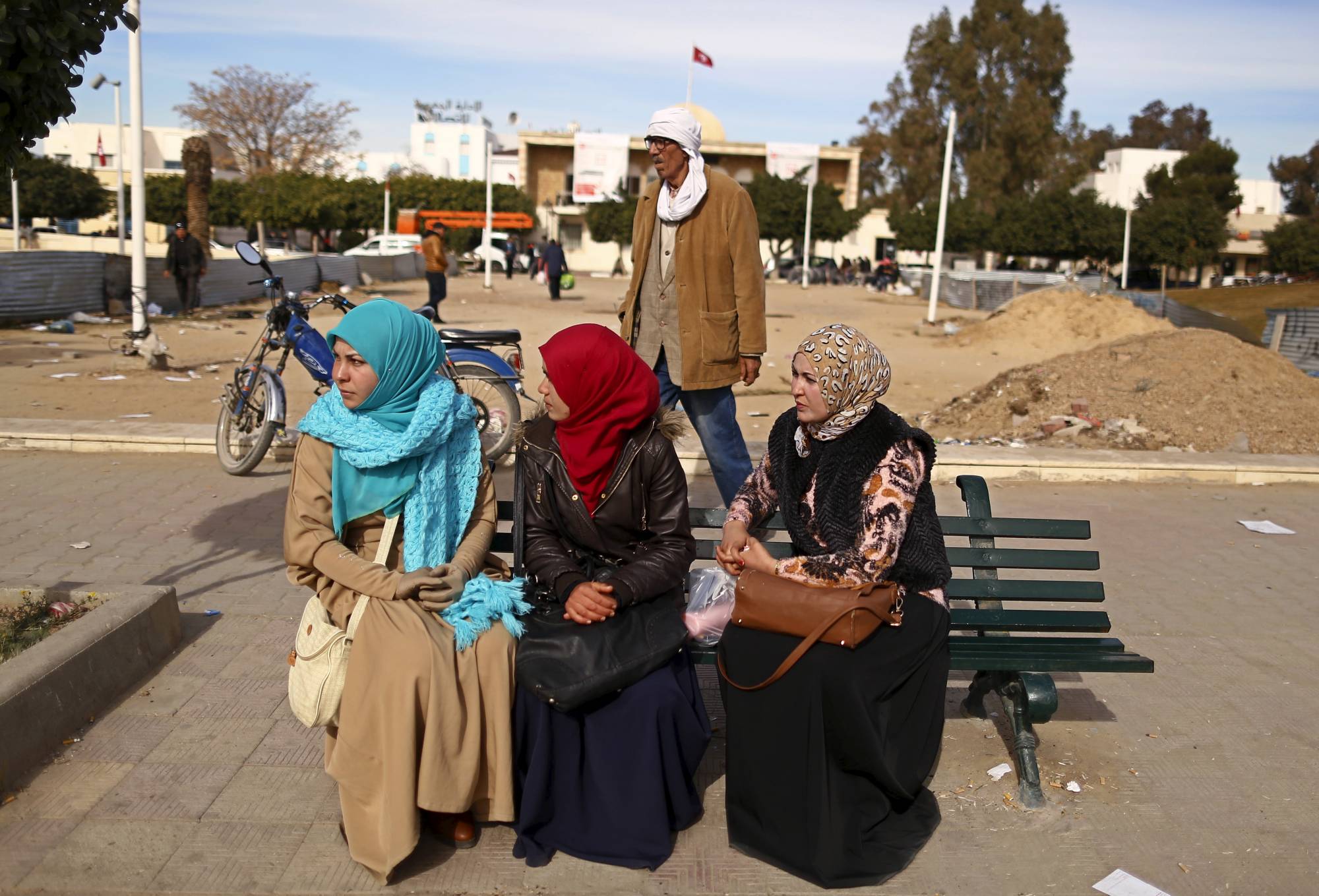North African feminists’ work has made significant contributions to improving the prospects for democratization in the region in recent years, particularly in Morocco.
By promoting women’s empowerment through education, emancipation from social constraints and knowledge production, feminists have kept progress alive, despite constant challenges and setbacks.
For example, while three Maghreb countries responded to the 2011 Arab Spring uprisings by enacting laws to increase women’s political representation, Tunisia has recently slipped back toward autocracy under the authoritarian regime of Kais Saied. As of 2022, representation of women in the region’s parliaments varied widely. In Tunisia, the share of women in the national assembly decreased to 16%, from 26% in 2014. In Algeria, women’s representation fell from 31% in 2017 to 8% in 2021. By contrast, women’s representation in Morocco’s parliament increased from 21% in 2016 to 24.3% in 2021.



















With your current subscription plan you can comment on stories. However, before writing your first comment, please create a display name in the Profile section of your subscriber account page.